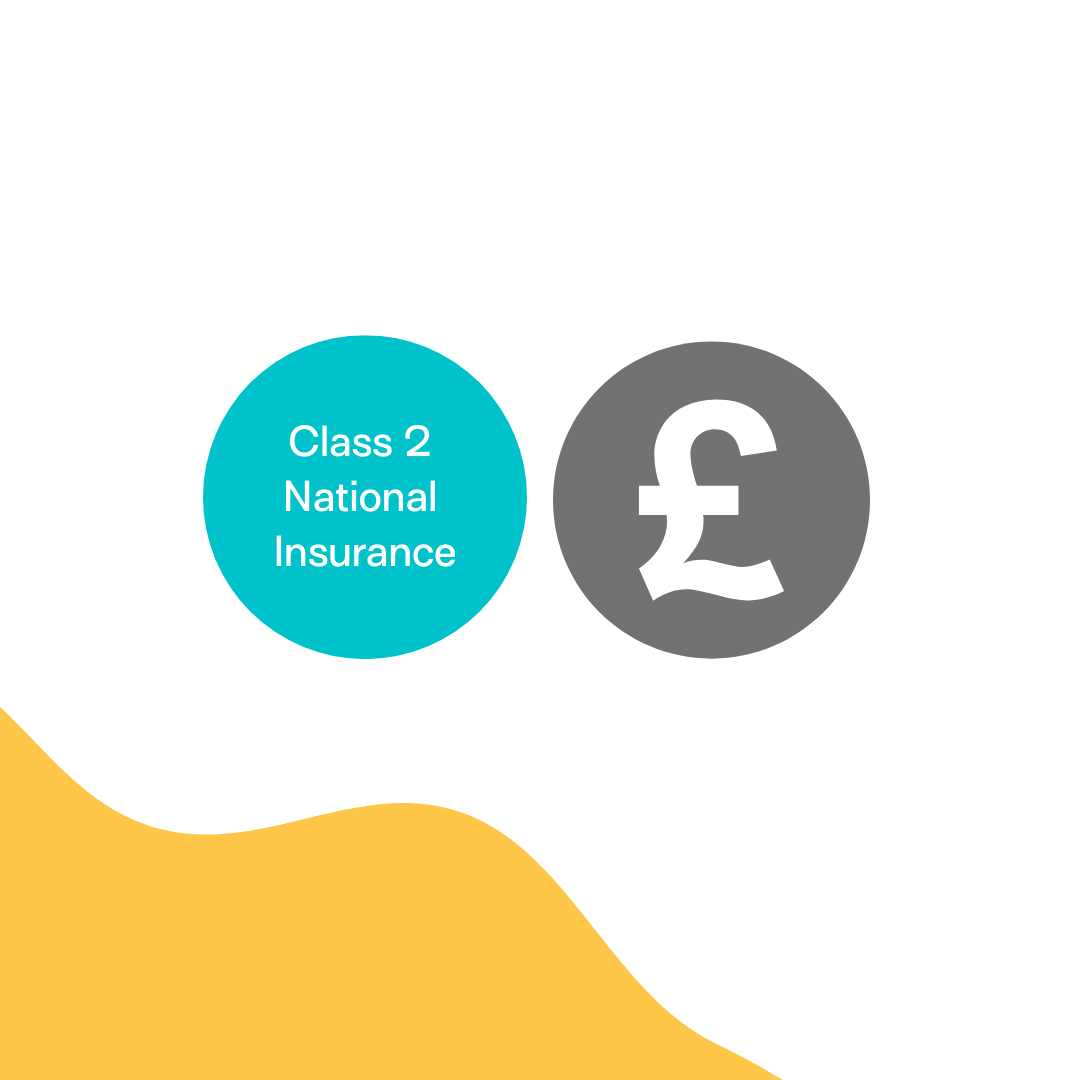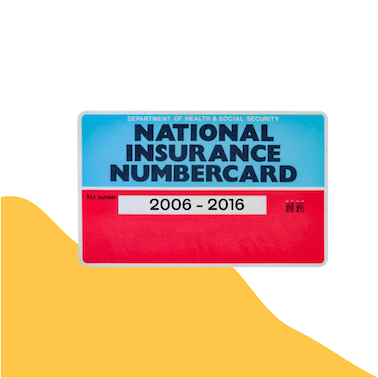Separating couples with children and child benefit: What you need to know
If you are a couple with children and you are separating, there are a few things you need to know about child benefit.
Who is entitled to child benefit?
Child benefit is payable to the main carer of a child. This is usually the parent who the child lives with most of the time. However, if the child lives with both parents equally, then either parent can claim child benefit.
What happens to child benefit when parents separate?
If you and your partner are separating, you need to decide who will continue to claim child benefit. If you agree that one parent will continue to claim child benefit, then you need to tell HMRC. You can do this by writing to them or by filling in a form online.
If you cannot agree on who should claim child benefit, you can ask HMRC to make a decision for you. HMRC will take into account a number of factors, such as who the child lives with and who pays for their care.
What if I am the parent who claims child benefit, but my child does not live with me?
If you are the parent who claims child benefit, but your child does not live with you, you are still entitled to claim child benefit. However, you need to tell HMRC that your child does not live with you. You can do this by writing to them or by filling in a form online.
What if I am the parent who pays for my child's care, but I do not receive child benefit?
If you are the parent who pays for your child's care, but you do not receive child benefit, you can ask HMRC to reconsider their decision. You will need to provide evidence that you are the main carer of your child.
What about the high income child benefit charge?
The high income child benefit charge is a tax charge that applies to parents who have an income of over £50,000 and who claim child benefit. The charge is equal to 1% of the child benefit paid for the tax year for every £100 by which adjusted net income exceeds £50,000. Once adjusted net income reaches £60,000, the charge is equal to the child benefit for the tax year.
If you are a separating couple and you are both liable for the high income child benefit charge, you can agree on who will pay the charge. If you cannot agree, then HMRC will make a decision for you. HMRC will take into account a number of factors, such as who the child lives with and who pays for their care.
Completing a tax return for parents with step-children and the claimants living together
If you are a parent with step-children and you and your partner are claiming child benefit for them, you need to be aware that your step-children's child benefit counts towards all child benefit income. This means that if your total child benefit income is over £50,000, you may be liable for the high income child benefit charge.
To complete a tax return for parents with step-children and the claimants living together, you will need to include all child benefit income on the tax return. This includes child benefit for your own children and child benefit for your step-children.
If you are liable for the high income child benefit charge, you will need to pay the charge on all child benefit income, including child benefit for your step-children.
Here are some additional tips for completing a tax return for parents with step-children and the claimants living together:
Make sure that you include all child benefit income on the tax return, including child benefit for your own children and child benefit for your step-children.
If you are liable for the high income child benefit charge, you will need to pay the charge on all child benefit income.
You may be able to claim gift aid on any child benefit payments that you give to your step-children's other parent.
If you have any questions about completing a tax return for parents with step-children and the claimants living together, you should speak to an accountant or tax advisor.
How to get more information and support
If you have any questions about child benefit, you can contact HMRC for help. You can also get support from a number of charities, such as Citizens Advice and StepChange.



